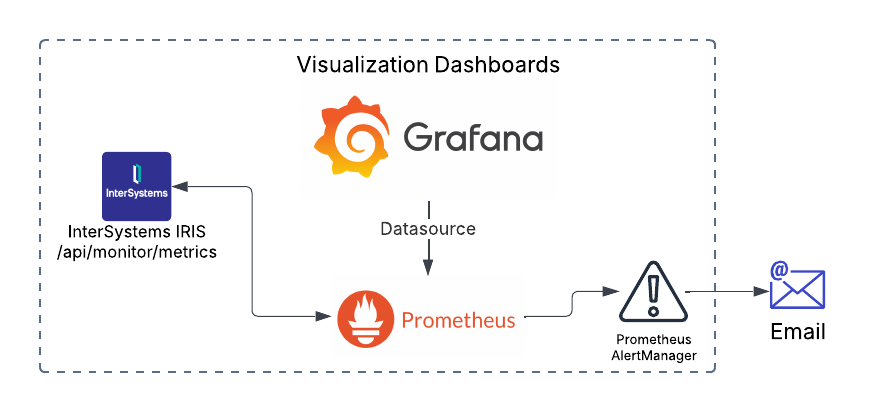Hello!!!
Data migration often sounds like a simple "move data from A to B task" until you actually do it. In reality, it is a complex process that blends planning, validation, testing, and technical precision.
Over several projects where I handled data migration into a HIS which runs on IRIS (TrakCare), I realized that success comes from a mix of discipline and automation.
Here are a few points which I want to highlight.
1. Start with a Defined Data Format.
Before you even open your first file, make sure everyone, especially data providers, clearly understands the exact data format you expect. Defining templates early avoids unnecessary bank-and-forth and rework later.
While Excel or CSV formats are common, I personally feel using a tab-delimited text file (.txt) for data upload is best. It's lightweight, consistent, and avoids issues with commas inside text fields.
PatID DOB Gender AdmDate
10001 2000-01-02 M 2025-10-01
10002 1998-01-05 F 2025-10-05
10005 1980-08-23 M 2025-10-15
Make sure that the date formats given in the file is correct and constant throughout the file because all these files are usually converted from an Excel file and an Basic excel user might make mistakes while giving you the date formats wrong. Wrong date formats can irritate you while converting into horolog.
.png)
.png)
.png)
.png)
.png)
.png)


.png)
.png)
(2).jpg)
.png)
.png)
